The content of the article
Mother Nature has endowed man with not only a cozy world designed for full-fledged life activity, but also numerous plant varieties that can help at a time when health leaves much to be desired. One such magnificent plant is the lungfish. The name itself implies something sweet, honey, aromatic, summer. And it is not by chance that the honey obtained from the nectar of the flowers of the litter box is unusually tasty and healing.
Medunitsya beautiful and so different ...
Medunitsa grows predominantly in the European part, but there are separate subspecies more characteristic of the Asian side of the continent. Thus, in the zones of the Altai Territory and Siberia, one can meet the so-called soft lungwort and narrow-leaved medunitsu. Both of these plants are medicinal species.The European part is famous for the abundance of many medicinal subspecies of lungfish:
- The narrow-leaf medunica grows predominantly in the steppe and southern parts of Russia: in the Urals, in the Stavropol and Krasnodar collapses. And outside of our country it can be found in countries of middle and southern Europe.
- Medunitsa soft - so named because of the soft velvet surface of its leaves. It grows mainly in the Eurasian part of Russia (the Urals), and can also be found in the Altai Territory and in Siberia.
- Medunitsa medicinal - grows in western Russia, mainly in the Kaliningrad region, is found in the Crimea and Ukraine, as well as in some countries of Western Europe. Loves the soil, well enriched with humus.
- Medunitsa dark (obscure) - loves darkened places. By its nature, it is more like a snowdrop, hence some breeders automatically attribute it to the group of primroses. This plant is mostly considered decorative, but there are recipes with its use.
- Sugar medunitsa is very difficult to find in our country, as it grows mainly in Mediterranean countries (Italy, France), but, nevertheless, it can be found in the South-Western part of Russia (Caucasus, Kuban, Crimea).
There are other varieties of lungfish with medicinal properties that do not grow on the territory of our country. These include the mountain lungwort and the red lungwort - the Alps (Italy, France, Switzerland, etc.) are the birthplace of these species, and in Russia they are artificially cultivated in pharmacy laboratories.
Medicinal properties of the plant
It is difficult to say anything about the benefits of each of the medicinal plants, not knowing at least at an approximate level its indicators on trace elements and vitamins, as well as on the presence of specific chemical compounds. As for the jellyfish, then it contains almost the entire periodic table in one way or another error regarding the individual elements.
The plant stems contain the most valuable groups of tannins, large reserves of manganese compounds involved in the structure of some types of amino acids, flavonoids and saponins are also present. Drug snowdrop is rich in good doses of ascorbic acid, which makes it a great tool in prophylactic use - to strengthen the immune system. The corolla flowers contain tannins, which play a direct role in the healing properties of the plant.
Indications for treatment of lungwort
It is possible to issue award orders to this uncomplicated modest plant indefinitely. And, nevertheless, modern herbal medicine has identified several groups of pathologies, in which the treatment will bring undoubted benefits, and in which cases it may be harmful.
Indications for use:
- Bronchitis, pneumonia, laryngotracheitis of various etiologies: the medunitsi has a simultaneous combined effect - anti-inflammatory on the lungs and bronchi, is excellent as an expectorant, as it facilitates the discharge of viscous sputum and has an anesthetic effect, facilitating cough attacks.
- Blood diseases: manganese, which is part of the medunitsa, has a stimulating effect on the overall blood formation process. This effect is especially useful for anemias of various etiologies, as well as for people who have lost a large amount of blood.
- With a decrease in the body's metabolic processes, for example, in violation of the water-salt balance, the lungwort copes with various types of edema.
- Included in the complex of medicinal plants for the treatment of oncological processes.
- Diseases of the skin (dermatitis of different origin, rash, fungal lesions, psoriasis).
- With periodontal disease, stomatitis and gingivitis: shown as ingestion in the form of decoctions, and rinsing the mouth.
- When inflammations of the female reproductive system (vaginitis, salpingoophoritis, etc.).
- In diseases of the urogenital system, including urolithiasis (to facilitate the discharge of calculus).
- As a great wound healing agent.
When using herbal ingredients as a curative drug, it is worth remembering that the use of this remedy should be carried out in conjunction with therapeutic measures prescribed by an observer.In this case, the process of recovery will be better, and the complete elimination of the disease will happen faster.
Contraindications
Speaking of testimony, it is impossible not to touch the other side of the coin:
- Individual intolerance, and in other words - an allergic reaction to the constituent plants.
- Pregnancy and lactation.
- Cancer of the blood (leukemia, leukemia, etc.). Despite the fact that the medunitsa is included in the complex of plants shown for the treatment of oncological diseases, it has a sharp contraindication in the treatment of blood cancer, as it stimulates blood formation and may contribute to more rapid reproduction of altered blood cells.
Possible side effects
Sometimes, when using one or another medicine or herbal medicinal product, undesirable manifestations may appear suddenly, in other words, side effects. Medunits, unfortunately, is no exception. What side effects can its use give:
- The appearance of a late allergic reaction in the form of urticaria, itching of the skin, petechial rash on a certain area or on the vast surface of the skin.
- Possible manifestations on the part of the organs of ICG: nausea, heaviness in the stomach, sometimes vomiting.
With a sharp manifestation of these symptoms, you must stop taking the medunitsu drug and seek medical help, as there will be a need to take antihistamines and to choose an alternative drug to this drug.
Recipes for medicinal options using Lungwort
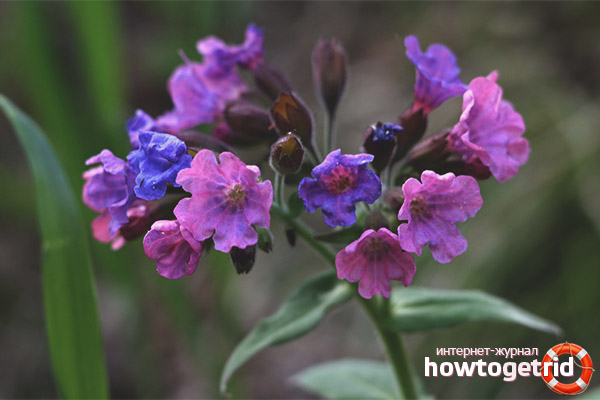
Preparation of juice from freshly squeezed grass
Lunar juice is one of the most useful remedies for massive blood loss, as well as for various anemias.
Preparation and use: we take a certain amount of a newly picked plant (the later it is torn off, the more juice will be), then, using a blender or punching on a plate, we obtain a mush, which we filter with a small metal sieve. The resulting juice is diluted with water in a ratio of 1:10. Accept 3 - 4 teaspoons 1 - 2 times a day.
Advice: in order to avoid the loss of a certain amount of juice, it is not recommended to use tissue (gauze) for squeezing and filtering liquid from a plant, since a large proportion of it will be spent on soaking matter.
Decoction from the leaves of the jellyfish
In decoctions of plant components, the use is different: they can be consumed inside (for bronchitis, for treating inflammations of the urogenital system), rubbed externally on the inflamed skin surface (psoriasis, pustular eruptions, dermatitis, fungal rashes), as well as rinsing the mouth (tooth extraction , stomatitis, gingivitis and periodontal disease).
Preparation and use: every 50 grams of dry grass (or similar 20 grams of fresh grass) pour boiling water in proportions 1: 2 or 1: 3 (depending on the doctor's prescription, as the concentration for each state is different), then let it brew for 30 minutes After the prescribed time has passed, the agent can be consumed: 50 ml of a one-time intake (their number is determined by the doctor, on average 1 to 2 times a day, but possibly more), for grinding - an arbitrary amount, depending on the area of the affected area, rinsing - the proportion is 2/3 of the decoction in 1/3 of water.
Combined broths
Sometimes, to achieve the best therapeutic effect, a decoction of lungwort is combined with other, equally useful herbs. So, often added components of peppermint, lemon balm,strawberry leaves (external antimicrobial treatment of wounds and burns), licorice, oak bark (for tightening deep cuts), birch buds (for the treatment of urinogenital organs).
Preparation and use: in this case, the proportions are selected based on the preparation of a standard broth, with an increase in the amount of water according to the added components.
Gruel compresses from the lunar
After strained broth often remains the so-called oil cake - gruel from the cooked components. It can also be used for external use in the treatment of diseases such as: psoriasis, dermatitis, fungal rashes, etc.
Preparation and use: decanted gruel is laid out on a gauze surface, then its edges are wrapped and the resulting lotion should be applied to the affected area for a while. On average, for 10 - 15 minutes. The procedure can be repeated several times a day. If the cake insist on vodka, pouring it so that the edges of the mass are completely covered with liquid, then later the lotion will additionally have a warming and antiseptic effect. It is good to apply on the collar area with bronchitis,tracheitis and other bronchopulmonary diseases, but it is contraindicated for open wounds (to avoid additional surface burns).
Tincture of medunitsa
Indications for tinctures similar to other means of lungwort. Basically, its production involves the conservation of plants for further transportation or for use in winter, when fresh plants are not available.
Preparation and use: 30 grams of fresh plants (60 grams of dried or decoction), pour vodka in a ratio of 1: 5, let stand for 15 - 20 days. Tincture should turn a rich yellow color. Red or brown shade is allowed (depends on the type of lungwort). Next, the tool must be filtered and poured into a more convenient container. Cake can be used for compresses in the future. A means to take 2 - 3 teaspoons per day.
Tip: the chemical combination of lungwort and alcohol is afraid of light and loses its qualities - it is recommended to be stored in a darkened place or in a cardboard box from another medicinal product.
Treatment by nature is an integral part in the fight against various kinds of ailments, but when making a decision, it is necessary to carefully analyze all the pros and cons so that it brings the necessary benefits to the body.
Video: useful properties and the cultivation of lungwort

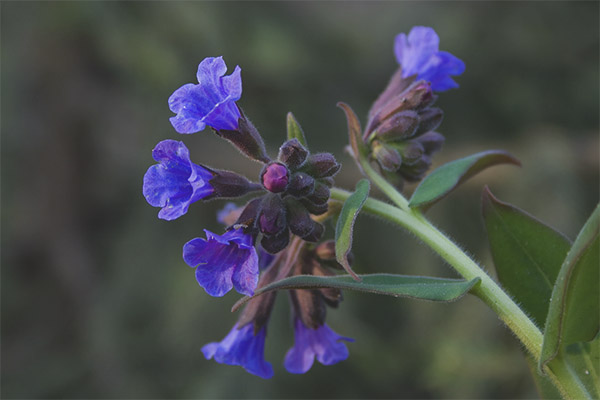
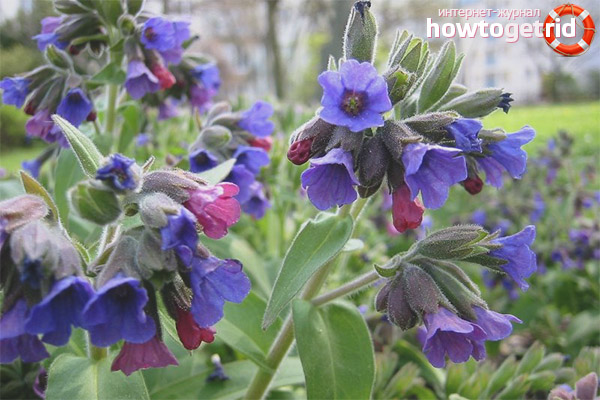

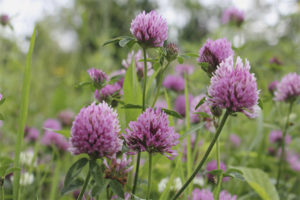
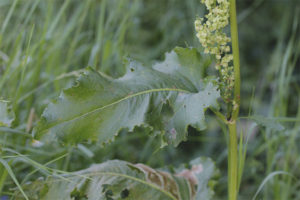
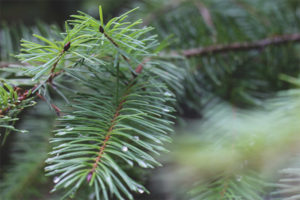
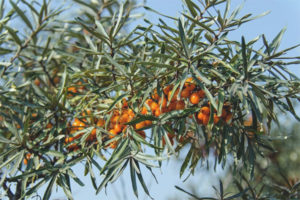
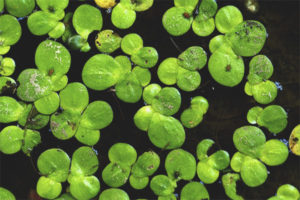
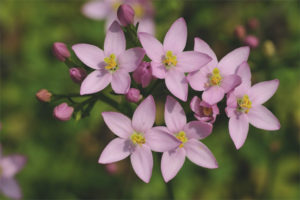
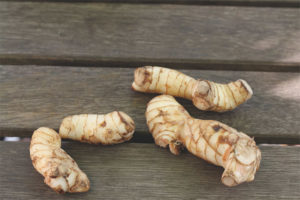
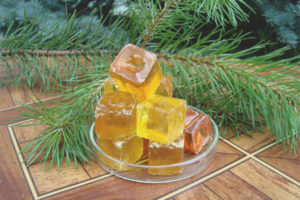
To send